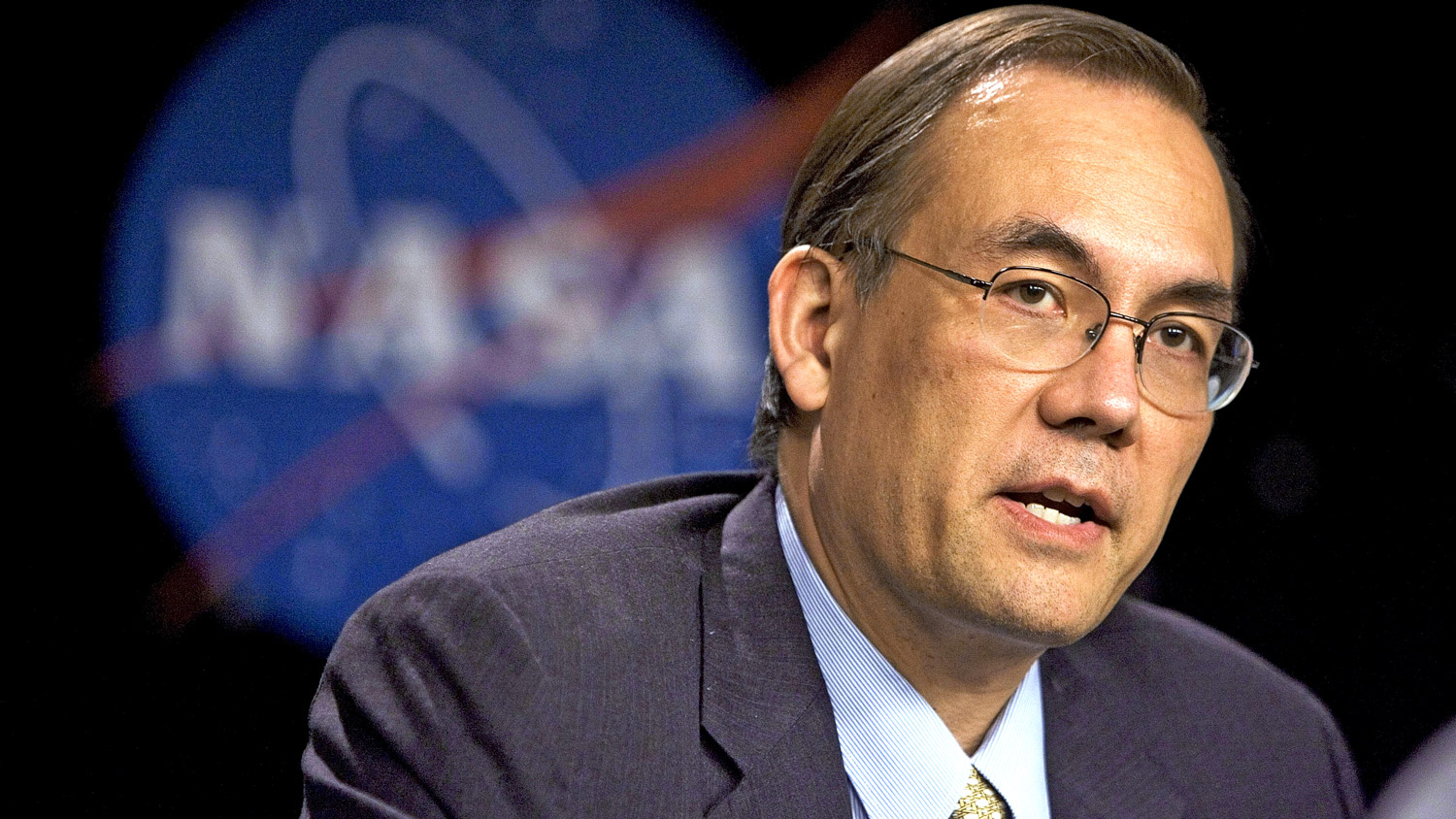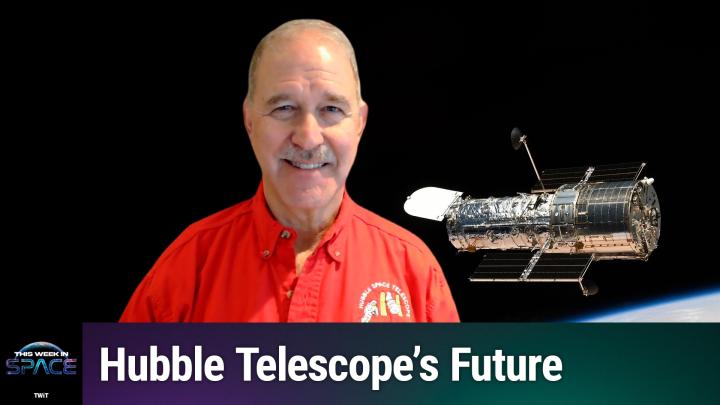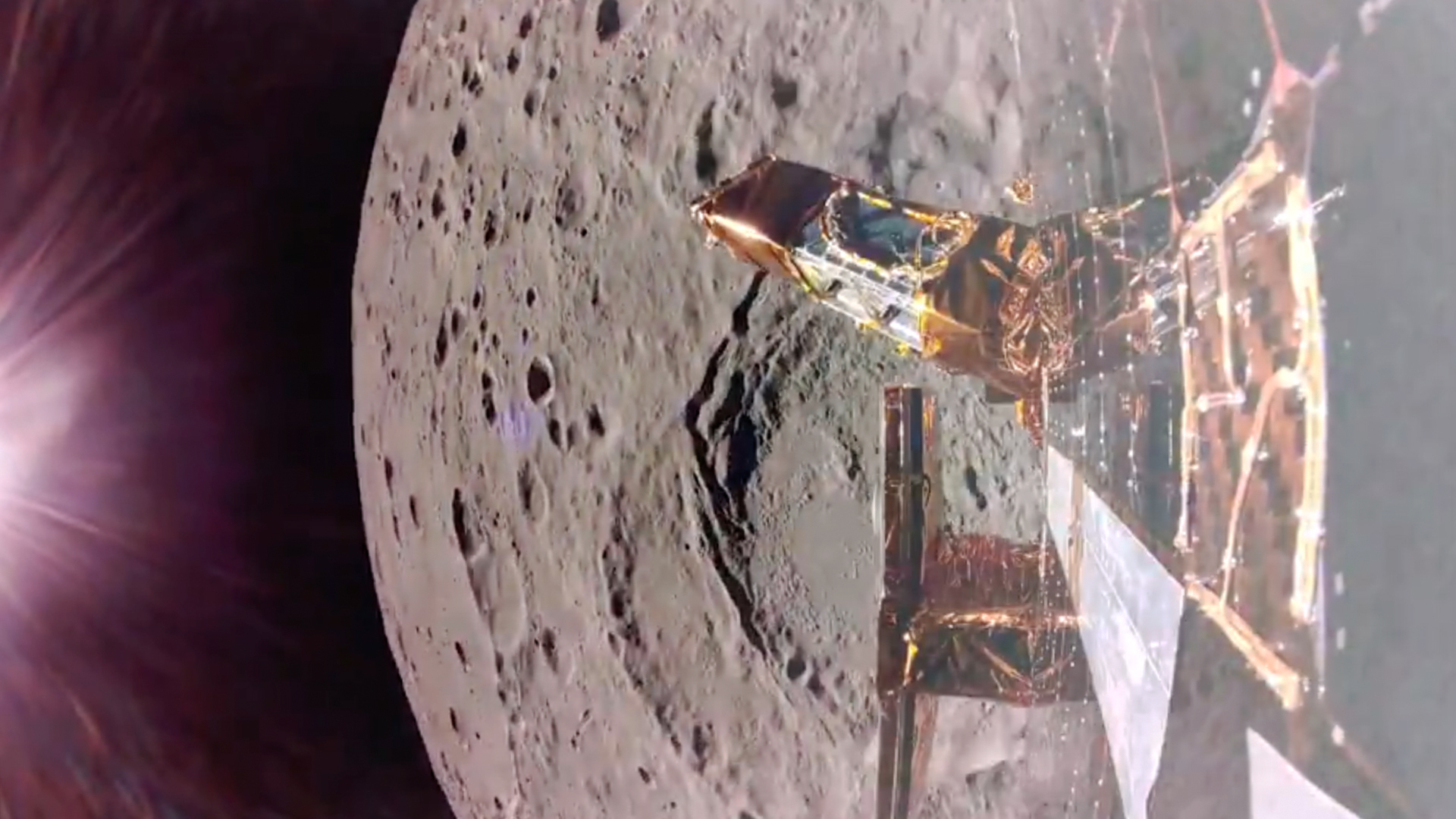Space Community Lines Up in Support of National Space Council

WASHINGTON — Members of the space community, including those who have previously worked on space policy issues at the White House, are guardedly optimistic that the newly reconstituted National Space Council will help guide national space policy as it faces new challenges.
The role of the council, formally reestablished in a June 30 executive order by President Donald Trump, was the central theme of a July 14 symposium on U.S. space leadership held by George Washington University and the Aerospace Corporation here.
"When the space council was first rumored to be resurrected last fall, my initial reaction was somewhat skeptical," said Ben Roberts, who worked on space issues at the Office of Science and Technology Policy during the Obama administration. "Over the last several months, I think I've become a lot more positive about the idea."
He said the space council is particularly important now given the potentially diminished role of OSTP, which traditionally took the lead on civil and commercial space issues, in the Trump administration. The current administration has yet to name a director of the office, and many of its staff have left.
Even when both OSTP and the National Security Council (NSC) are fully staffed, though, only a few people work on space issues. "It's hard to appreciate until you're there how thinly staffed" those offices are on space, said Damon Wells, who previously worked on space issues at OSTP. The National Security Council had a single person working space issues, with only a couple at OSTP and the Office of Management and Budget. "And that was it. That's who was working space in the White House."
The space council will provide additional staff devoted to space policy, they and other panelists noted, as well as focus on various space issues. Having the vice president chair the council will also give it more influence. "It immediately gives you greater range in getting senior leadership involvement," said Peter Marquez, former director of space policy on the NSC.
"The role of the vice president, I believe, will be critical in all of this," said Richard DalBello, who worked on space issues at OSTP in both the Clinton and Obama administrations. The choice of the space council over other approaches, he said, was less critical than ensuring it is "properly aligned with the objectives of the White House."
Get the Space.com Newsletter
Breaking space news, the latest updates on rocket launches, skywatching events and more!
As for what issues the council should focus on, panelists and other attendees offered a wide range of civil, commercial and national security topics. However, they said it was key for the council to work on overarching issues. "A space council is not a NASA council," said Marquez. "A space council is about national priorities, it's about national needs, it's about strategic imperatives. It's not just about guiding NASA."
Gil Klinger, another former director of space policy on the NSC, said the growth in capabilities in commercial space, coupled with growing threats to U.S. space assets, warrant a review of what space capabilities remain relevant today. "Take a look at all of the things that comprise how we've done space for 60 years," he said. "We are now obliged to ask ourselves what subset of those things that comprise how we've always done space remain relevant as we go forward."
Some, while supporting the council, offered some notes of caution. Chirag Parikh, also a former director of space policy on the NSC, noted the executive order establish the space council did not describe the relationships it will have with offices like the NSC, OSTP and OMB. "Getting that figured out immediately is going to be critically important because that's where the new administration's policies will stem from," he said.
Michael Donley, former secretary of the Air Force, said the space council will need to carefully choose what issues it takes on. "There are a lot of things that you could address, but you want to be relevant. You want to know when and why a decision is needed at the national level," he said.
Retired Air Force Gen. Robert Kehler, former head of Strategic Command, said attention to space issues at the national level has been cyclical throughout the history of the space age. "The number one thing we need to make sure we have done is refocus our national-level thinking on space," he said. "If a renewed space council does nothing else, then I think it was worth standing it up."
Pace to be space council's executive secretary
The event coincided with the announcement late July 13 by the White House that it intends to appoint Scott Pace as the executive secretary of the National Space Council, who will lead its day-to-day work.
Pace's selection was widely expected, and warmly received, by those in government and industry. Currently the director of the Space Policy Institute at George Washington University, Pace previously worked on space policy issues at several agencies, including NASA and OSTP.
"Like the space council itself, Scott Pace has a wide variety of experience and knowledge in both national security and civil space, making him the perfect candidate for this position," said Mike Gold, chair of the FAA's Commercial Space Transportation Advisory Committee. "The revived National Space Council is off to an excellent start."
"Scott has devoted his career to space policy, and will bring a wealth of experience and knowledge to this role," said Sandy Magnus, executive director of the American Institute of Aeronautics and Astronautics, in a statement.
"Scott is a leader who will serve the National Space Council well," said Alan Stern, chairman of the board of the Commercial Spaceflight Federation, in a statement. "We look forward to working closely with Scott and the rest of the [council] to advance the United States space enterprise by leveraging the U.S. commercial space industry's vision, investment, and innovation."
Pace, in a brief interview at the event, said he expects to formally start working as executive secretary later this summer. Vice President Mike Pence said in a July 6 speech at NASA's Kennedy Space Center that he planned on chairing the council's first meeting by the end of the summer.
At the symposium, Pace also got some advice that went beyond policy issues that the space council may take up in the coming months. "You're about to find that you have more friends than you realize," said Courtney Stadd, who worked on the staff of the space council during the George H.W. Bush administration.
This story was provided by SpaceNews, dedicated to covering all aspects of the space industry.
Join our Space Forums to keep talking space on the latest missions, night sky and more! And if you have a news tip, correction or comment, let us know at: community@space.com.

Jeff Foust is a Senior Staff Writer at SpaceNews, a space industry news magazine and website, where he writes about space policy, commercial spaceflight and other aerospace industry topics. Jeff has a Ph.D. in planetary sciences from the Massachusetts Institute of Technology and earned a bachelor's degree in geophysics and planetary science from the California Institute of Technology. You can see Jeff's latest projects by following him on Twitter.










